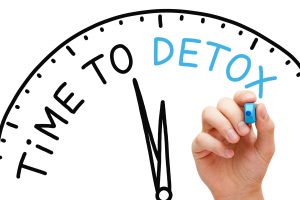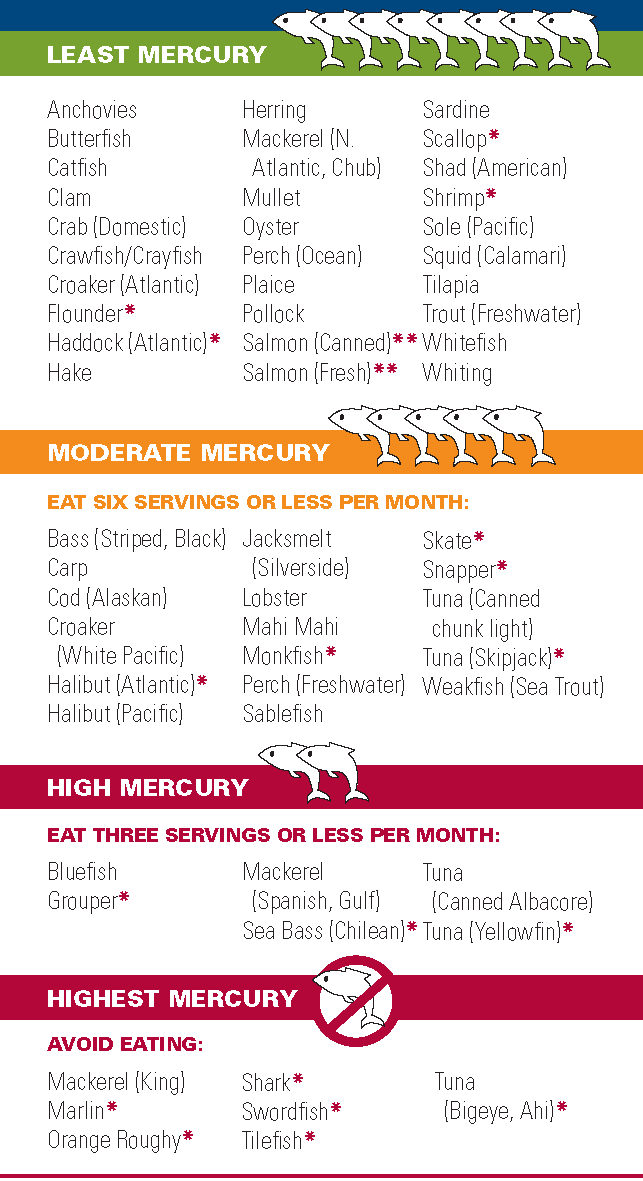Common toxins to avoid and simple steps to help remove them from your body

We’re exposed to chemicals on a daily basis, most of which have the potential to harm our health. They’re in the water we drink, the air we breathe, the food we eat and the products we use on our body. What we’re exposed to, how much, how often, for what length of time, how well our bodies handle toxins, our own state of health, diet and other factors such as genetics determine whether we will suffer ill effects. These toxins can cause health problems such as cancer and nervous system damage; they can also cause fertility problems and harm growing children who are more susceptible.
Where do Toxins Come From?
Although the word “toxin” sounds scary, it’s a reality we face daily from environmental chemicals such as lead, pesticides and other chemicals in our food and water, prescription and street drugs, alcohol and caffeine. The liver bears the brunt of dealing with this chemical onslaught, with the gut and colon playing important roles as well. These toxins would normally not be much of a problem for a healthy liver and gut, but stress, poor eating habits, lack of vital nutrients, prescription medications, chronic illness and a busy lifestyle all affect liver and gut function and put a strain on our ability to stay “clean.”
Toxic Heavy Metals
Here are three common toxins you should be aware of and try to avoid, if possible. These three toxic elements, cadmium, lead and mercury, are in the top four of what the CDC considers the most toxic heavy metals, according to their priority list of hazardous substances, and are tested as part of the Elements panel offered by GrassrootsHealth.
Measure Your Levels of Essential & Toxic Elements Here
Lead
The problem of lead in our drinking water is widespread. Lead can also be found in paint, toys, jewelry, tableware, old water pipes and factory emissions. Over time, lead builds up in the body, gets stored in bones and organs such as the kidneys and causes harm. Lead exposure can cause cognitive problems, increased blood pressure and kidney dysfunction. The consequences are greater for growing children, with lowered IQ and learning and behavior problems.
What you can do: If your home was built before 1950, find out if it has lead paint or lead pipes and get tested for lead. If there’s lead in your water, reduce it by using a home water filter that’s certified to remove lead, flushing cold water pipes each morning and using only cold water for cooking.
Mercury
Omega-3 fatty acids from fish are important for maintaining healthy hearts and brains, but some fish are best limited or avoided. Fish absorb mercury from the water and accumulate it in their muscles, especially in larger carnivorous fish such as tuna (albacore and ahi), mahi mahi, swordfish and marlin. Mercury is a potent toxin that damages nerves and is stored in the brain. The concern is greater for pregnant women and lactating mothers who pass mercury to their babies through the placenta and breastmilk. Because of our genes, some people are more susceptible to the negative health effects of mercury than others.
What you can do: Choose fish that contain the least amounts of mercury such as anchovies, herring, mackerel and salmon. Find a handy wallet card at https://www.nrdc.org/sites/default/files/walletcard.pdf
Click to View, Download & Print
Learn more about mercury here.
In addition to identifying sources of mercury, being aware of selenium status is also useful. Selenium can help protect against mercury toxicity by binding to mercury and reducing its bioavailability, so it is important to make sure selenium levels are within a healthy range, especially with a high mercury level. A measurement of selenium is included in the Magnesium plus Elements panel – you can learn more about selenium here.
Cadmium
Cadmium can be found in the food and water supply, but in North America it is not at a level to cause a health concern for the general population. Individuals who work in specific industries, such as battery manufacturing and waste management, and smokers tend to have higher exposure to cadmium. Long-term, lower level exposure results in cadmium accumulation in the kidneys and thyroid gland, and can contribute to thyroid issues, kidney disease, infertility, uterine fibroids, and other reproductive tract diseases if the build-up is high enough. Cadmium has also been found to cause cancer and to affect the body’s cardiovascular, neurological, gastrointestinal, and respiratory systems.
What you can do: Avoid using tobacco products – tobacco leaves have high cadmium levels, and because cadmium that is inhaled is more readily absorbed than cadmium ingested with food or water, smokers have about twice the exposure of non-smokers. Also, take precautions if you work in the smelting and metal refining, battery manufacturing, colored glass manufacturing, plastics manufacturing, solar panel manufacturing, and waste management industries, as individuals in these work environments tend to have higher exposure to cadmium.
Learn more about cadmium here.
Make sure you know your levels of lead, mercury and cadmium, so that you can take the steps necessary to reduce or eliminate them. The GrassrootsHealth Magnesium plus Elements panel is one way to measure your levels of these toxic heavy metals, along with essential elements magnesium, selenium, zinc and copper.
How to Support Natural Detoxification
 Detoxification is about cleansing and nourishing the body from the inside out by supporting the removal and elimination of toxins, including the above heavy metals. Everything we breathe or swallow is filtered through our system and, if necessary, excreted. The good news is that there are many ways we can enhance our natural ability to eliminate toxins.
Detoxification is about cleansing and nourishing the body from the inside out by supporting the removal and elimination of toxins, including the above heavy metals. Everything we breathe or swallow is filtered through our system and, if necessary, excreted. The good news is that there are many ways we can enhance our natural ability to eliminate toxins.
Here are just a few ways you can help open your body’s natural detoxification pathways.
- Sweating: Many toxins are eliminated through perspiration. Regular vigorous exercise and using a sauna, preferably an infrared sauna which makes you sweat quicker, purge some of the toxins collecting in our systems. Remember to stay hydrated while sweating it out.
- Bitters: Herbs with a bitter taste, such as gentian and dandelion, enhance digestive function, support bile production, improve fat metabolism and support detoxification.
- Fiber: From greens or supplements containing psyllium husk, fiber binds to toxins and sweeps harmful compounds out of the body through your stool. Fiber also feeds your gut microbiome — all the bacteria living in your intestinal tract — which also help detoxify various compounds.
- Glutathione: This “master” antioxidant is concentrated in the liver where it binds toxins, renders them inactive and enables the body to eliminate them.Some supplements, like glutathione, are not absorbed well and may be best when taken in a liposomal form. Liposomes are a phospholipid delivery system that uses extremely small fat globules to greatly improve absorption and deliver nutrients more quickly. It’s best to place liposomal supplements under the tongue for at least 30 seconds before swallowing for better absorption.
- N-Acetyl-L-Cysteine and Alpha Lipoic Acid (NAC/ALA): These supplements raise the levels of antioxidants, especially glutathione, in the body and help promote the excretion of mercury.
- Vitamin C: Ascorbic acid is a powerful antioxidant that helps the body absorb minerals and aids detoxification by recycling glutathione and vitamin E.
- Intestinal Metals Detox (IMD): A proprietary and highly purified silica, IMD binds mercury and other heavy metals to escort them out of the body through the gut.
- Water: Staying hydrated is important. Drink enough water to keep your urine clear or a light-straw color. Use water filters to avoid more toxins.
Additional Support for Heavy Metal Detox
Additional methods of detoxing or chelation for heavy metals are available, however, it is best undertaken with the help of a doctor who is familiar with the process, as it does have some risks. A good place to begin looking for a qualified practitioner is the American College for Advancement in Medicine (ACAM).
Test Your Levels of Essential & Toxic Minerals
Know your levels of the toxic heavy metals lead, cadmium and mercury, as well as important nutrients such as vitamin D, magnesium, zinc, copper and selenium. The Magnesium PLUS Essential Elements test kit includes a simple blood spot test to measure these nutrients for you! To know if you are getting enough, make sure you test today.
Make sure you are efficiently avoiding these toxic elements and getting enough of other important nutrients
What else can you test with your home blood spot kit?
- Vitamin D
- Magnesium PLUS Elements
- Omega-3 Fatty Acids
- hsCRP
- HbA1c
- TSH
- Type 1 Diabetes Autoantibodies
By joining the GrassrootsHealth projects, you are not only contributing valuable information to our study, but you are also gaining knowledge about how you could improve your own health through measuring and tracking your nutrient status, and educating yourself on how to improve it. Do you know what your status of vitamin D, omega-3s, and other essential nutrients is? Could your levels be improved? Test now to find out!
The post Heavy Metals and the Power of Detoxification appeared first on GrassrootsHealth.

